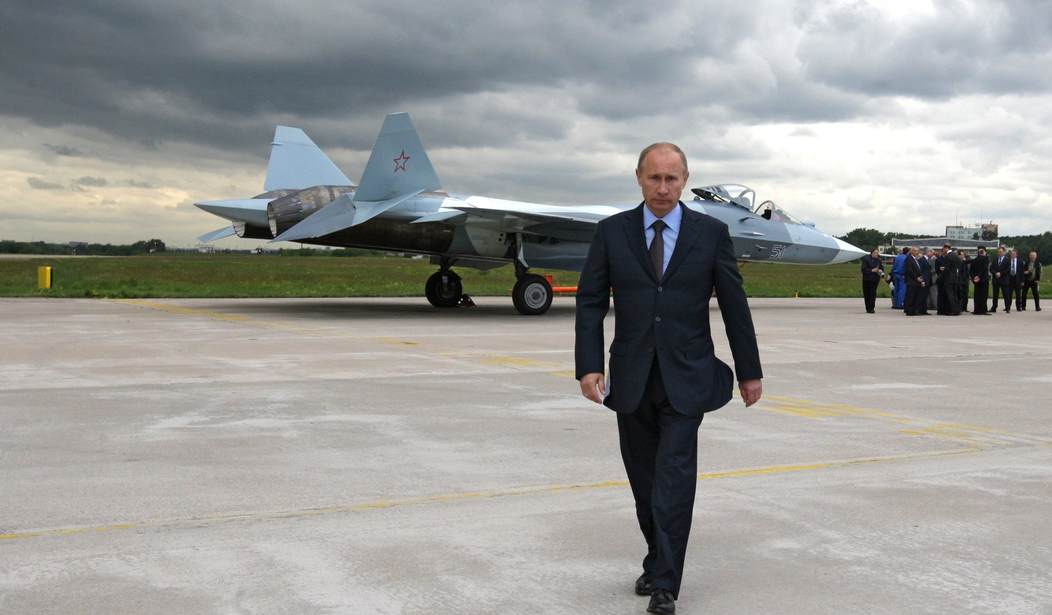Shortly after a Turkish jet shot down a Russian bomber last month, Russian President Vladimir Putin vowed revenge. Although some people worried he might do so militarily, Putin thus far has chosen a different path, focusing on hurting Turkey’s economy. He’s done that by, among other things, boycotting fruit and vegetable imports. For Turkey, that is a major problem. The numbers speak for themselves:
This isn’t just a case of no more Turkish pistachio nuts or dates. Turkish fruits and vegetables account for 20 percent of Russia’s total fruit and vegetable consumption. This is a huge loss for the Turkish economy. A $4 billion annual loss in fruit and vegetable revenue. Russia has said they will easily make up the loss by importing more from Iran and Israel.
Before President Recep Tayyip Erdoğan’s AK Party came to power in 2003, Turkey might have quickly found other export markets for its produce. But over the past few years, Turkey’s relationships with most of its neighbors have deteriorated dramatically. As a result, it’s difficult for Turkey to find new business partners. As long as Russia bought Turkish products, Ankara had nothing to worry about. That has changed now.
Russia has also cancelled its holiday packages to Turkey. In last year alone, 3.3 million Russians vacationed in Turkey. That’s ten percent of all tourism to the country. Losing these tourists will mean that Turkey will lose even more revenue; entire cities — like Antalya — built on the tourism industry will be in trouble.
So far, so bad for Erdogan, but it gets worse. Boycotts are problematic, but what really has the potential to hurt Turkey is its dependence on Russian natural gas.
Gas is next. Russia will start pulling it. They have already cancelled work on the underwater gas pipeline which, together with the [Russian-built] nuclear electric plants, would eventually make Turkey more energy independent.
Turkey cannot get that much gas replaced. They are in public conflict not only with Russia but also with alternative suppliers. They sided with the Muslim Brotherhood so Egypt will not supply them. They have been very aggressively critical of Saudi Arabia so they will not supply them.
Although Turkey is talking to other countries such as Israel in order to get its gas from them, the country has a very serious problem if Russia closes its pipelines. At best, Ankara may replace the gas only partially if Israel, a former ally, is willing to step up. No wonder then that Turkey has suddenly decided to join Saudi Arabia’s anti-ISIS coalition:
Turkey says it welcomes the formation of a 34-state Islamic military coalition to combat terrorism and agrees to join the coalition announced and led by Saudi Arabia on Tuesday… Turkey, the only country in the alliance that is also a NATO member, welcomed the new coalition. Prime Minister Ahmet Davutoğlu called it the “best response to those who are trying to associate terror and Islam.”
Clearly, Erdoğan understands the risks of being cut off from Russian gas. He’s now rapidly positioning himself to do business with other major gas providers. It isn’t clear, however, whether those countries are willing to give him what he wants, and at what price. It could very well cost Turkey dearly.









Join the conversation as a VIP Member